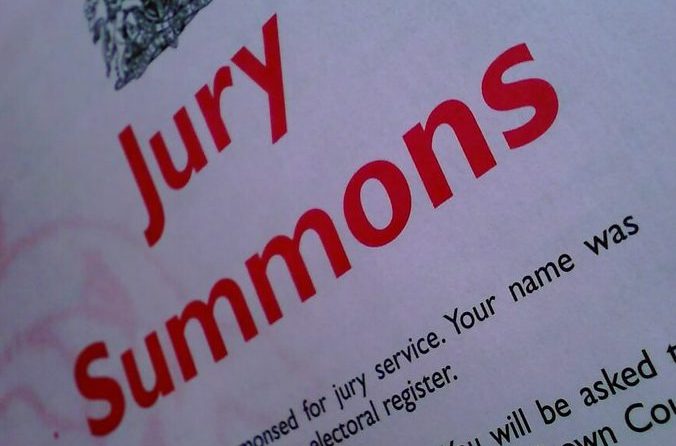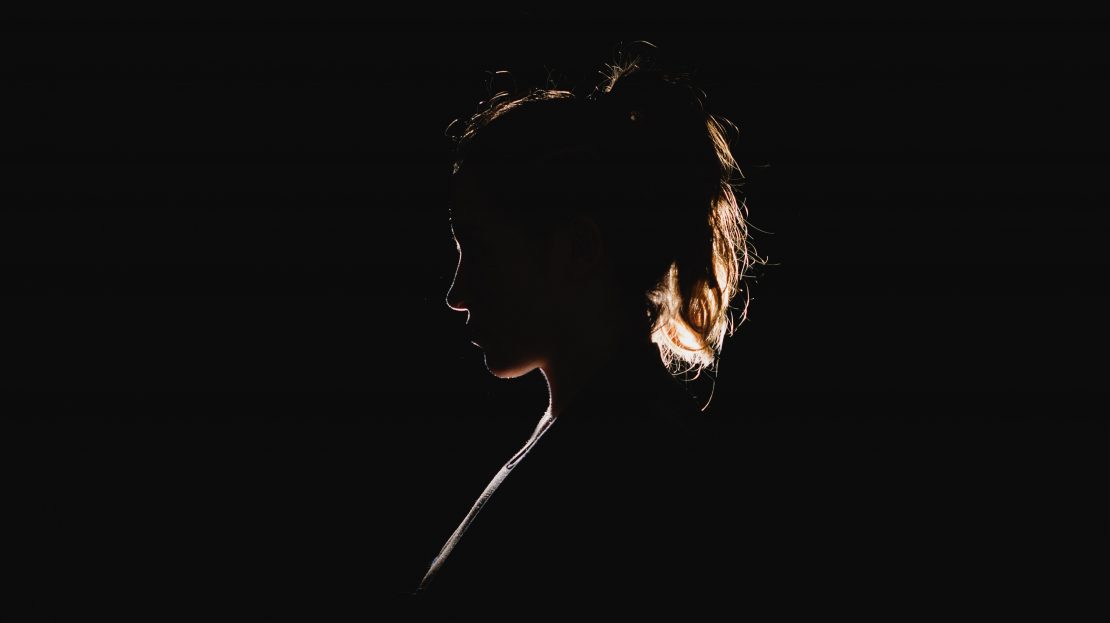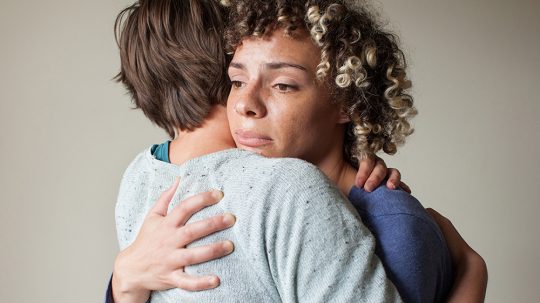The Law Commission of England and Wales is considering whether juryless trials could help improve rape conviction rates. All rape and attempted rape trials in England and Wales are currently held before a jury of 12 people, who listen to the evidence and decide unanimously whether the accused is innocent or guilty.
One of the issues examined in the Commission’s consultation is the use of juryless trials, with views being sought on the “mandatory removal of juries from sexual offences trials currently heard in the Crown Court”.
Rape conviction rates in the UK are currently less than 1%, meaning that 99% of people who report a rape case do not receive justice from the system.
In addition to the shocking nature of these statistics, many survivors do not report the assault or rape to the police. The reasons for this cover a wide spectrum, including a lack of faith in the system and/or the police, immigration status and trauma.
There are also several other barriers to justice, such as the level of evidence deemed adequate by the Crown Prosecution Service before a case can proceed to court. Once the case does reach court – which often takes years as the system is backlogged with cases – the trial itself can re-traumatise survivors, being a traumatic experience in itself.
Stephanie Boyce, former president of the Law Society, stated in an interview on Good Morning Britain that “juries are a fundamental part of our justice system”.
Meanwhile, psychologist and founder of Victim Focus, Dr Jess Taylor, supports the idea of judges or a judicial panel replacing juries in rape trials. Dr Taylor stated: “Victims of rape – predominantly women and girls – are going into this process [believing] it’s going to be objective based on facts and evidence, and in many cases that isn’t true.”
“I’ve got police forces saying to me ‘we dread putting cases before that particular jury in that particular Crown Court because we know it goes not guilty on rape.’”
Pilot trials to begin in Scotland
Under the Victims, Witnesses and Justice Reform (Scotland) Bill, ministers will be able to pilot trials whereby a judge, rather than a jury of 15, decides whether to convict a rape suspect. The Scottish Solicitors Bar Association (SSBA) says many of its members have voted against the proposals.
According to the Scottish government, lawyers across the country intend to boycott Holyrood’s plans to introduce the scheme for rape cases.
The SSBA has confirmed that at least 10 groups have voted against the proposals, saying: “The proposed pilot is a clear attempt to interfere in the independence of the judiciary and the court process by the Scottish government. The motivation behind this pilot is to increase the conviction rate for rape at any cost.”
The statement went on to say: “The bill proposes that judges appointed to the pilot court can be removed apparently without reason” and, “Furthermore, the workings of the pilot court will be subject to review. These are unprecedented proposals.”
First minister Humza Yousaf has defended the plan, pointing to a “weight of evidence” that juries are affected by rape myths and misconceptions.
Juryless trials
On multiple occasions, the ECtHR has dealt with the lack of a reasoned verdict by a jury and its relevance to the concept of a fair trial. As a general rule, the ECtHR has observed that:
“The Convention does not require jurors to give reasons for their decision and … Article 6 does not preclude a defendant from being tried by a lay jury even where reasons are not given for the verdict.”
The Consultation also noted observations from the ECtHR, which has observed that, unlike juries, judges possess the appropriate experience and training, enabling them to resist any outside influence (including from the press).
The Commission has concluded that: “Any reform of the law should seek to achieve clarity regarding positive obligations to ensure respect for the complainant’s private life, while at the same time afford enough flexibility to allow the court to retain the power to decide how best to reconcile the complainant’s right to respect for their private life with the defendant’s right to a fair trial.”





